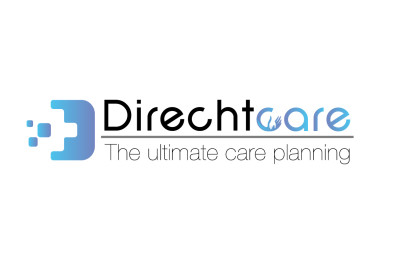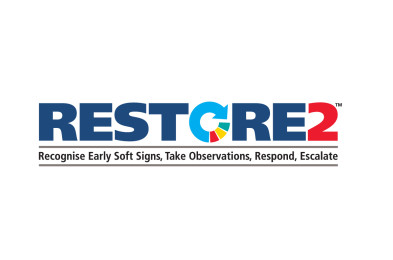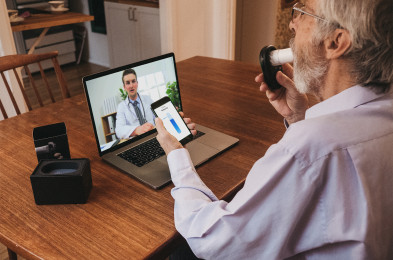Clever Contact by Alertacall
Clever Contact is designed to be used daily by individuals at home, and will proactively confirm they are present, safe and well. Ensuring daily contact with customers saves lives and ensures people get the help and support they need. If we are unable to make contact, an escalation process is initiated. We regularly discover customers ill or immobile. The service is exceptionally valuable for individuals reluctant to wear an alarm, or unable to activate their alarm if they had one.
Importantly, the service promotes independence. Customers are given complete control over the level of contact they have with our highly trained contact centre team.
About
Clever Contact is used by 15,000 customers and regularly saves lives and gets help for those whose health has deteriorated. It provides support for care professionals unable to provide coverage 365 days a year. It does not require a device to be worn and has a customer satisfaction rating of over 90%. The service is designed for those who:
- have mental health challenges
- are recovering from illness
- are at risk of social isolation
- live alone
- have chronic health conditions
- might be at risk of falling
- are in later life
The key benefits are:
- Reduces workload on care teams
- Gives individuals access to a highly trained contact centre team
- No device needs to be worn
- Non-intrusive, flexible service tailored to each person’s needs
- Free appointment reminder service
How it works:
- We provide a device with an OKEachDay button on it, which simply needs to be plugged in.
- Customers press the OKEachDay button any time before one or more of their chosen times e.g. after getting up and before going to bed.
- If no button press signal is received – a friendly team calls to verify wellbeing.
- If after several attempts there is no response we escalate to verify all is well.
In some cases, we inform the emergency services if we think it’s necessary.
Users of the services are significantly less likely to be admitted to hospital (20% lower) and for those who are admitted their average length of stay is shorter than the comparable population (30% lower).



